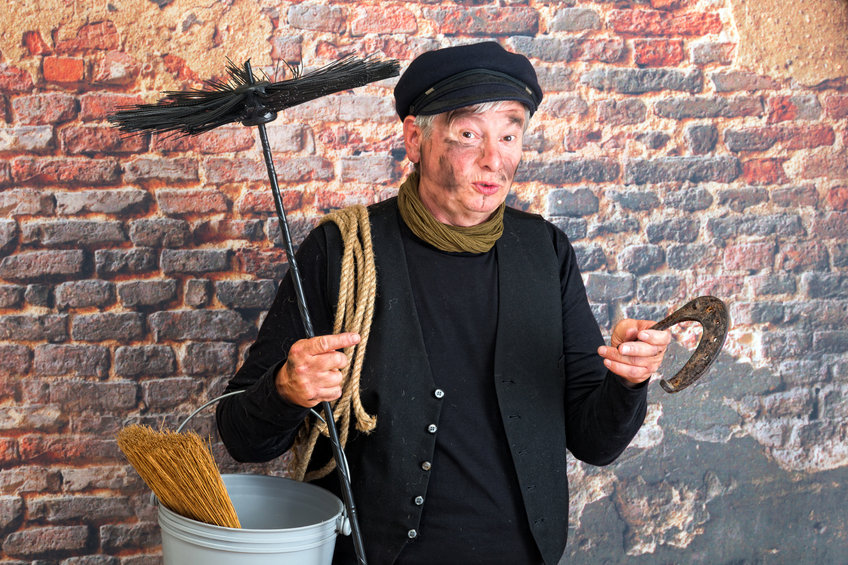However, they still need chimney cleaning for other potentially problematic buildups that could cause damage or reduce the efficiency of the entire unit. A chimney sweep can help identify growing issues that are a lot cheaper when repaired early. This article discusses reasons why your gas fireplace needs chimney cleaning and reasons a professional should inspect it.
Things To Know About Your Gas Fireplace

Homeowners who own wood-burning fireplaces are aware of the need to have their chimneys cleaned and inspected. Burning wood produces visible combustion byproducts that are hard to ignore once you see the soot and creosote buildup inside your chimney. However, gas fireplaces do not produce visible soot-like wood-burning fireplaces. Instead, they can deposit corrosive substances inside the unit that could wreak havoc. Without a chimney sweep, you will not see any visible danger until the problem becomes worse and expensive to repair.
A certain amount of heat is required for a gas fireplace to produce the draft that allows venting systems to work. The chimney walls are kept warm enough to prevent condensation of the flue gases. However, very low flue temperatures could cause water condensation or incomplete combustion. The artificial logs in a gas fireplace could become clogged over time and minimize its efficiency.
Why Your Gas Fireplace Might Need Chimney Cleaning
- Incomplete Combustion
The chimney in a gas fireplace is not only responsible for allowing combustion byproducts to escape passively up the flue, but also produces a draft that pulls combustion air into the unit. The chimney will not provide enough combustion air if it is too cold to create an adequate draft. Not only will a weak draft signal hinder its efficiency but also produces carbon monoxide that will not be safely exhausted from the chimney. A chimney clean and inspection can help address this problem before it worsens.
- Condensation
Condensation of water vapor inside the chimney is a common problem in gas fireplaces. The high stack temperatures in traditional fireplaces would keep moisture from condensing in the chimney as it escaped from the top. Since modern gas fireplaces steal this extra heat, water condensation occurs inside the cooler flue. The issue needs to be managed sooner because the water particles formed inside the chimney are highly acidic and corrosive.
- Gas Log and Burner Issues
The burners and artificial logs in gas fireplaces could become dirty with regular use. When gas burners become clogged, they result in poor flame performance. The artificial gas logs could still break down over time even though they were designed to last many years. A pilot light that will not turn on or does not glow blue is a problem. When this happens, the capped pipe that holds the moisture needs to be cleaned and drained to restore functionality.
- Presence of Deposits
Propane or natural gas leaves a residue that needs to be cleaned periodically. Other things that could clog your gas fireplace vents include pet hair and dander. Since the unit sucks in air from the house, it is likely to bring animal hair and other debris along with it. This could cause clogs in many places including the burner and the holes in your artificial logs, causing them to fail or perform poorly. Having the unit inspected and cleaned routinely can help maximize efficiency and reduce potential health risks.
- Raw Gas/Gas Leak
Another reason for cleaning your gas fireplace is to assess the possibility of a gas leak. It is crucial to call in the gas company if you smell raw gas so that they can make repairs to the gas line. The valves will be inspected to ensure they are functioning properly without any leaks. Your technician needs to perform an overall check inside both the fireplace and the chimney system, watching out for anything that could be a potential problem in the future.
Gas fireplaces need chimney cleaning from time to time to ensure they are working perfectly. Even though they do not produce visible byproducts of combustion like wood-burning fireplaces, they still need to be inspected regularly for potential problems that could be costly to repair and pose a great risk to the occupants. Since gas fireplaces have a sophisticated structural framework, it is important to have them inspected and cleaned by professional chimney sweeps.
